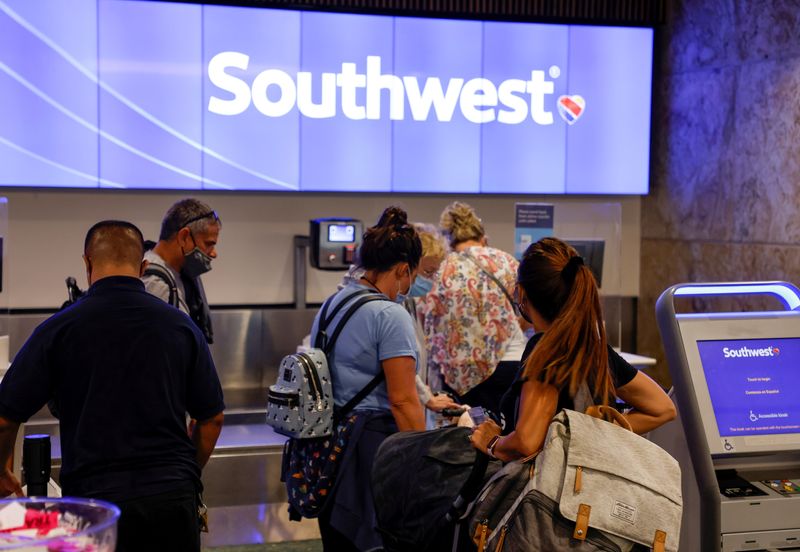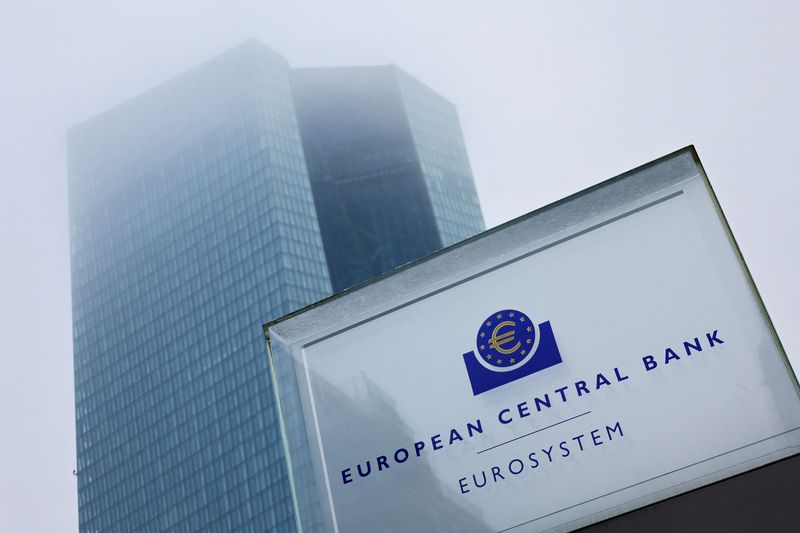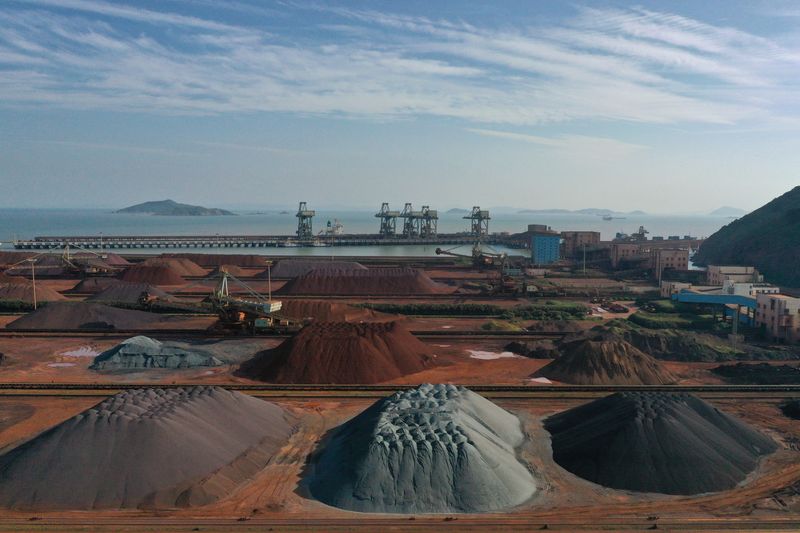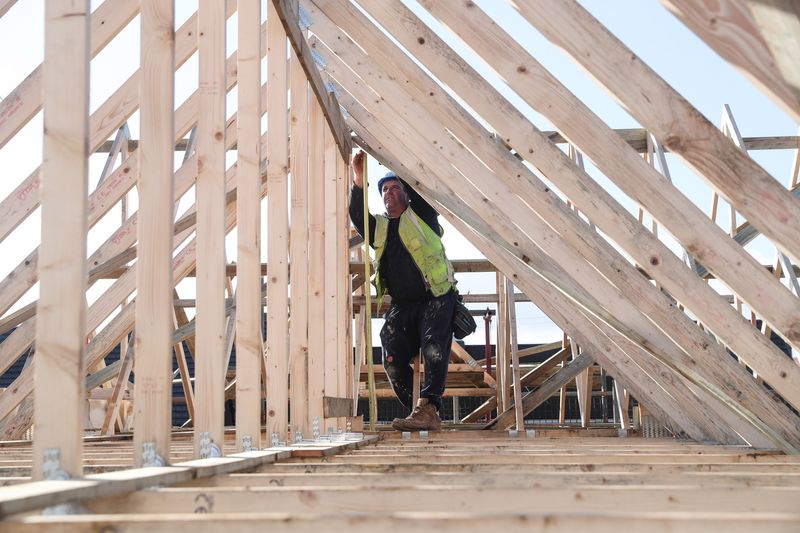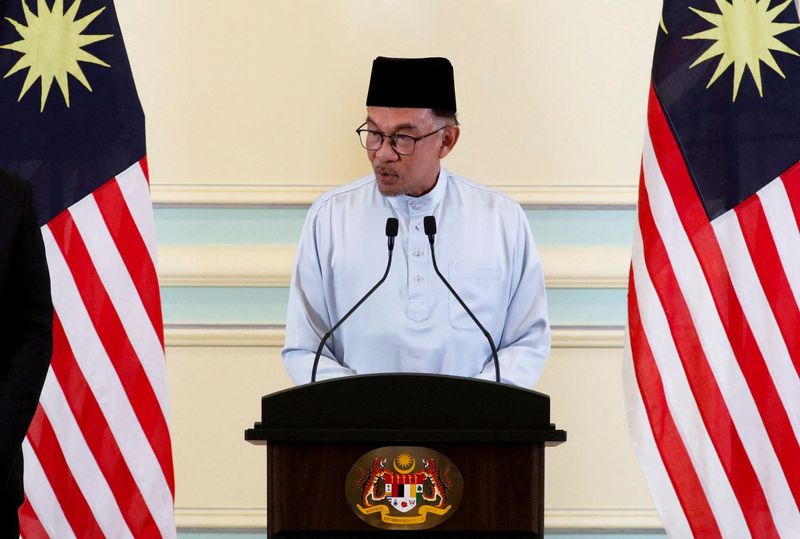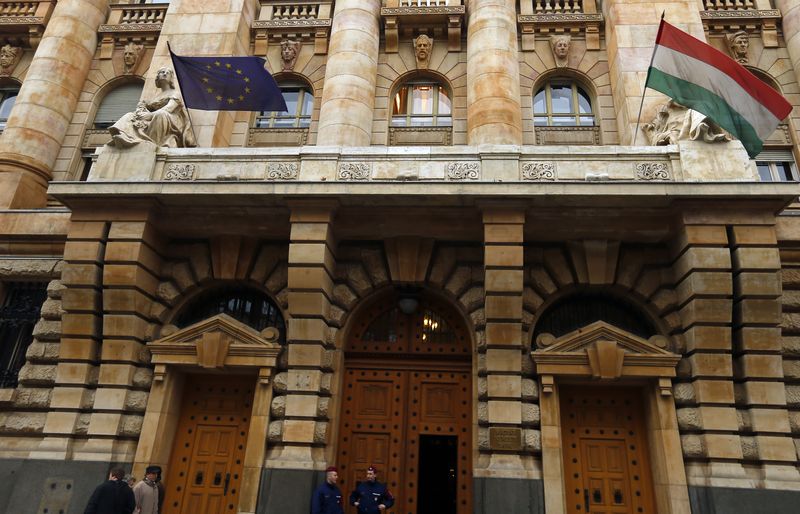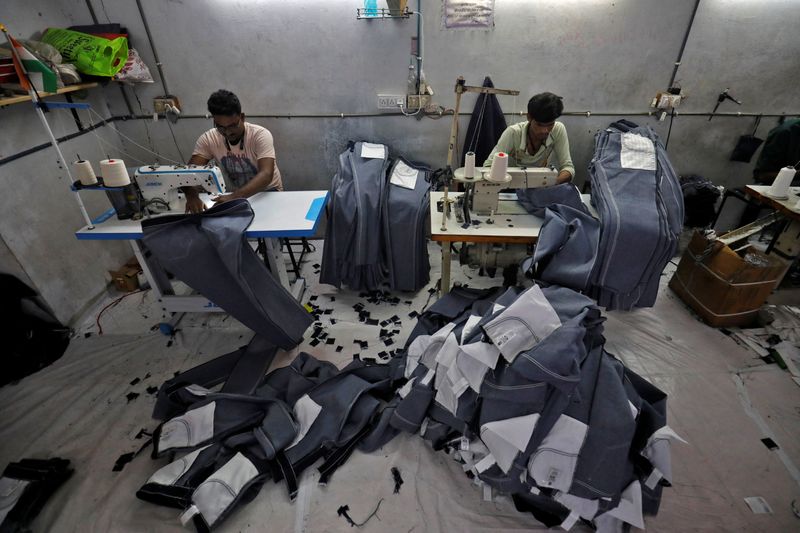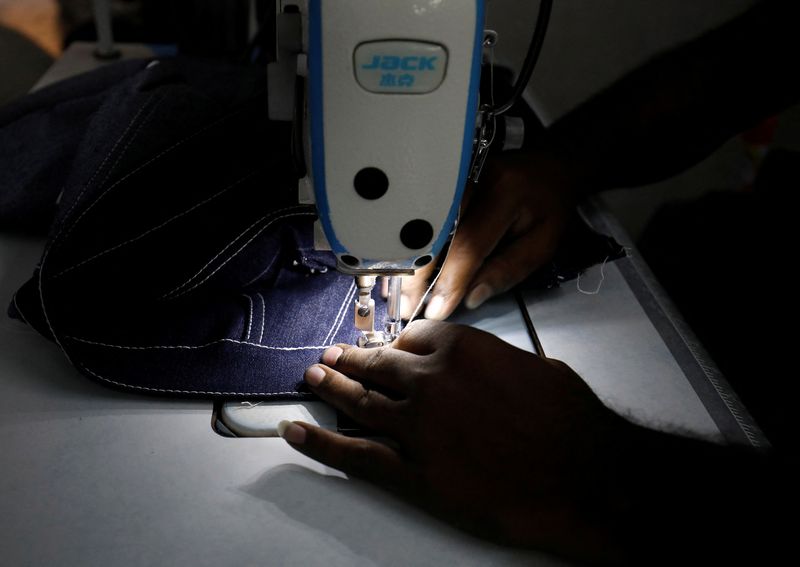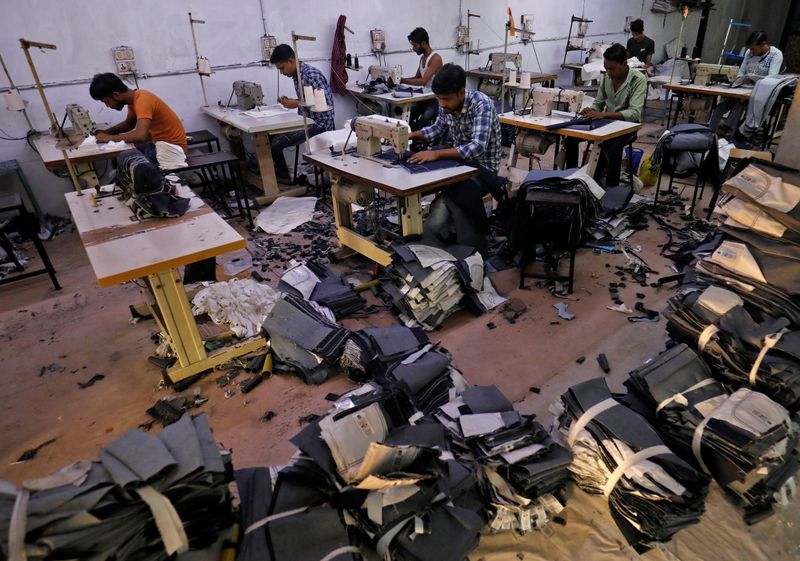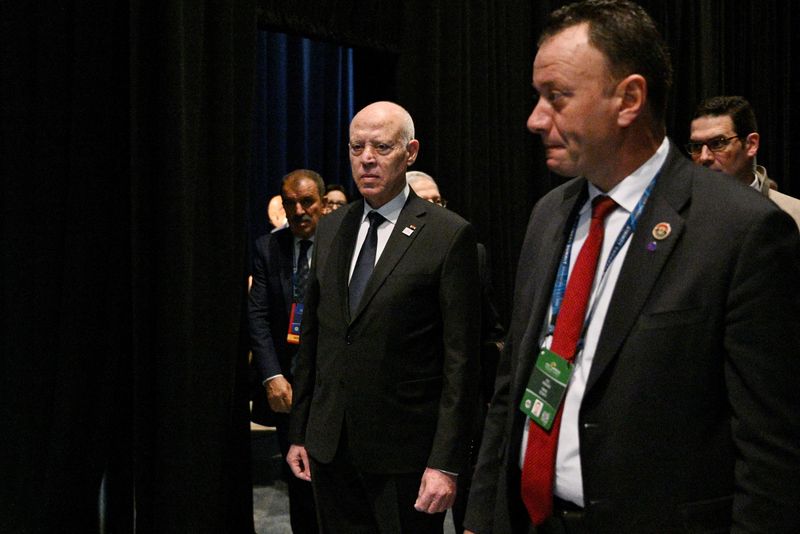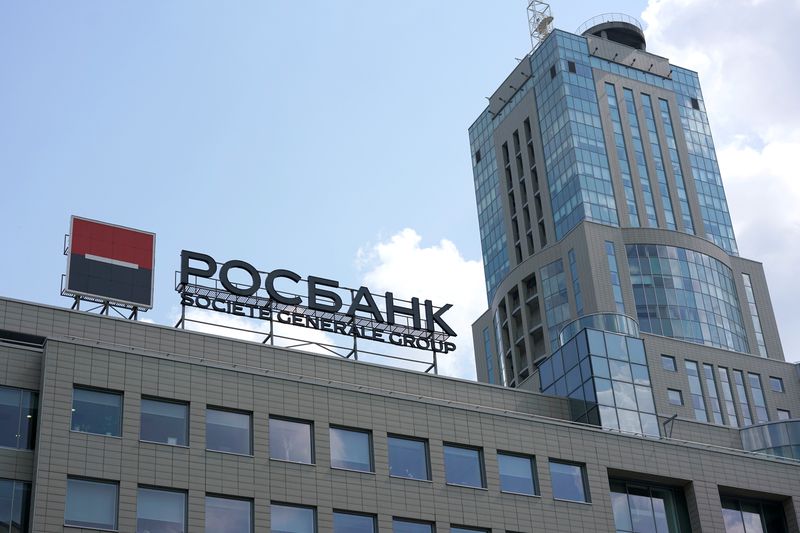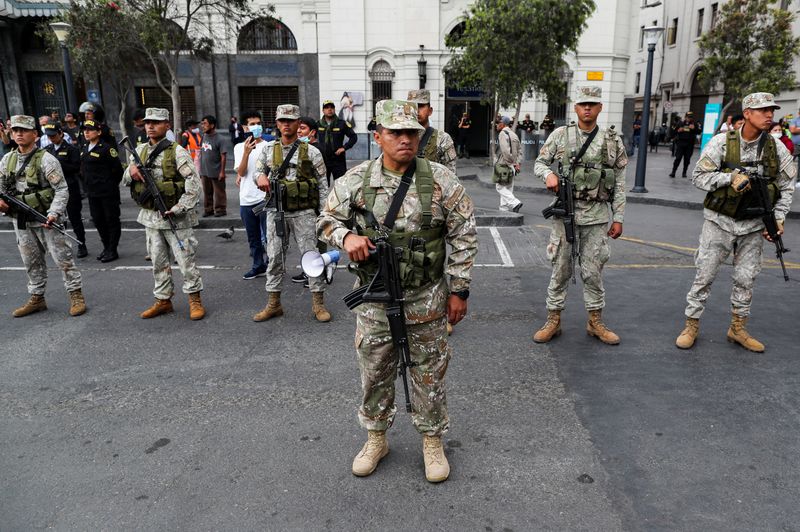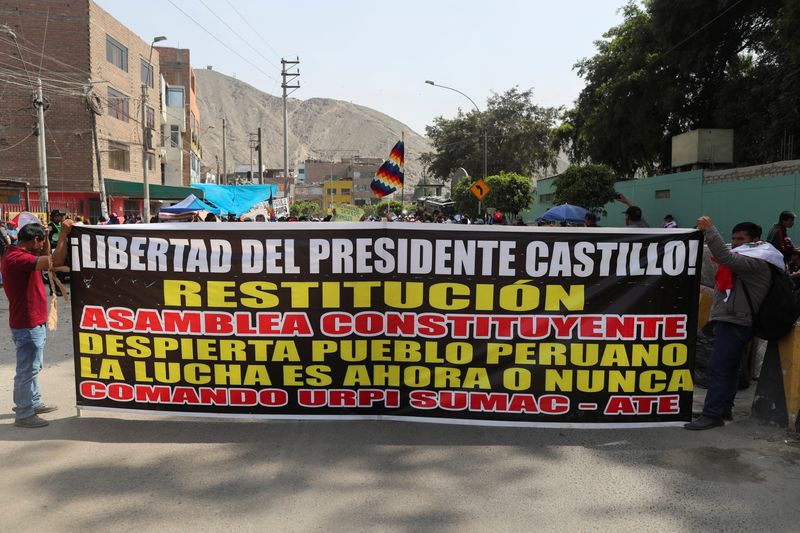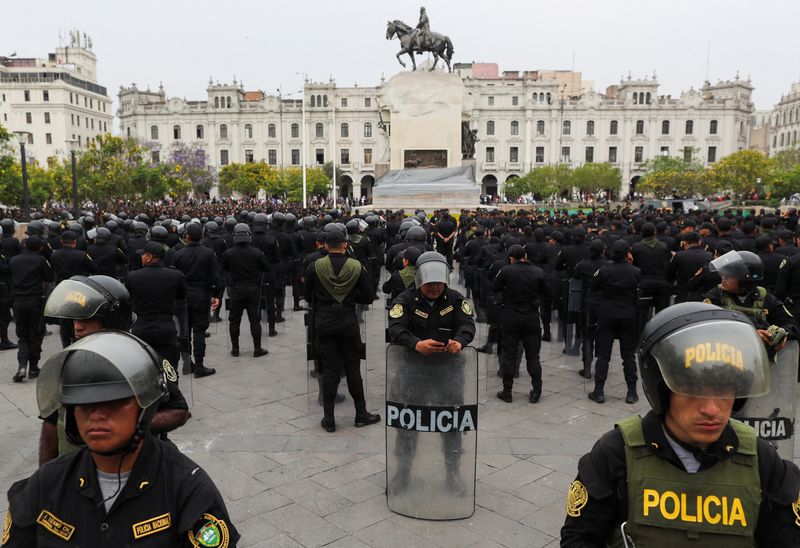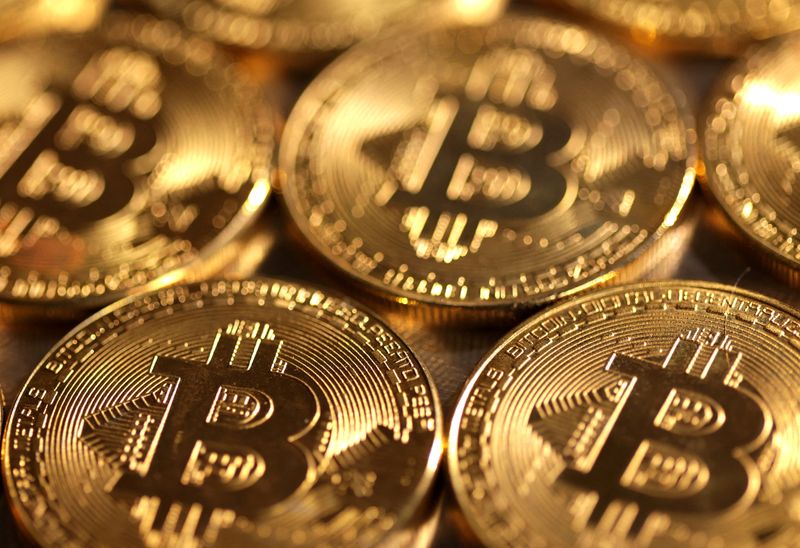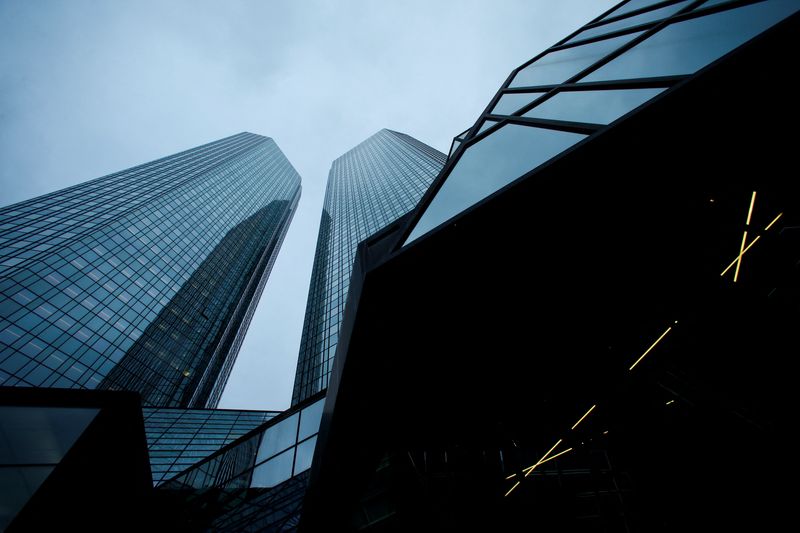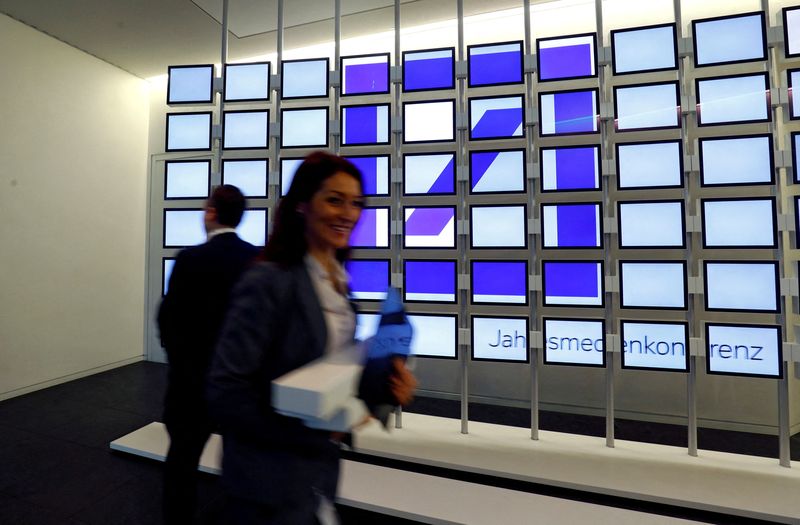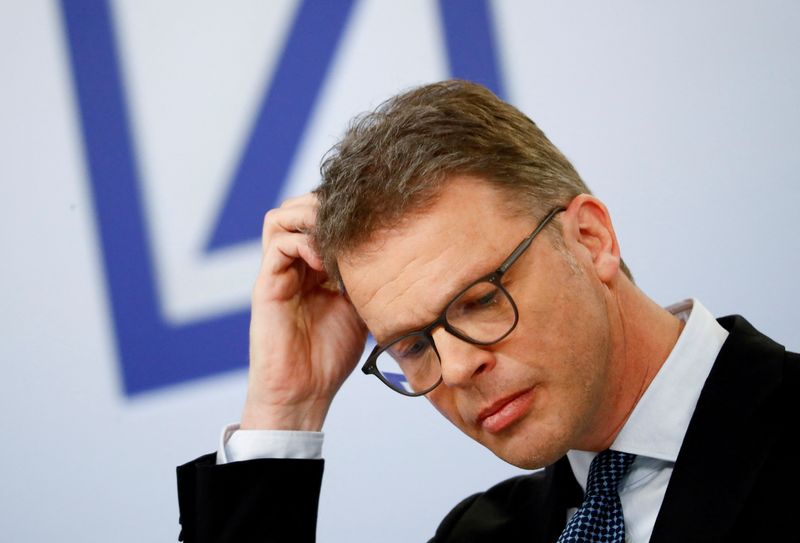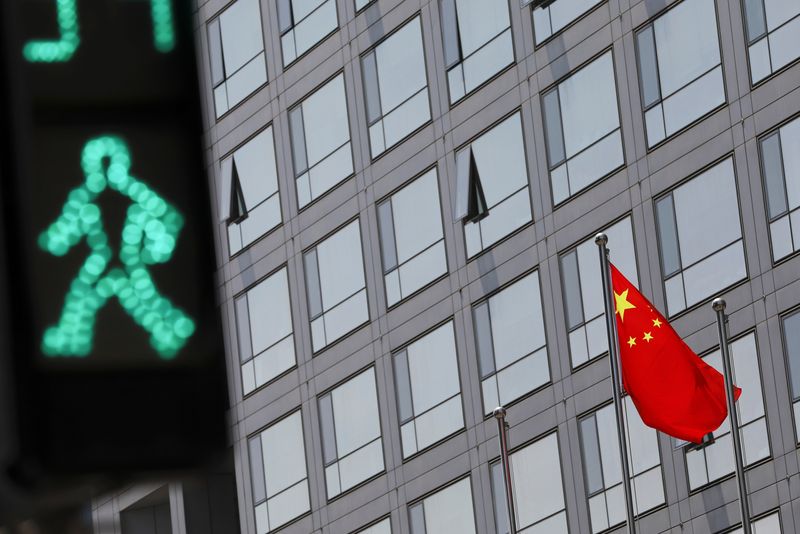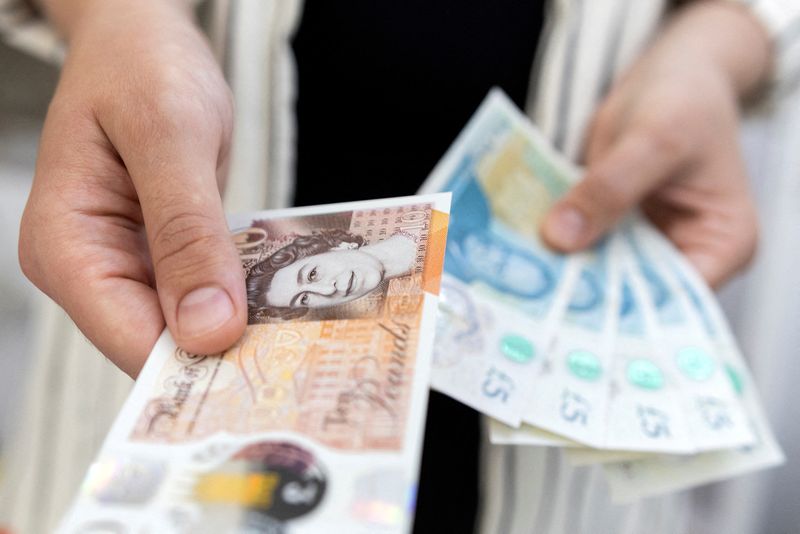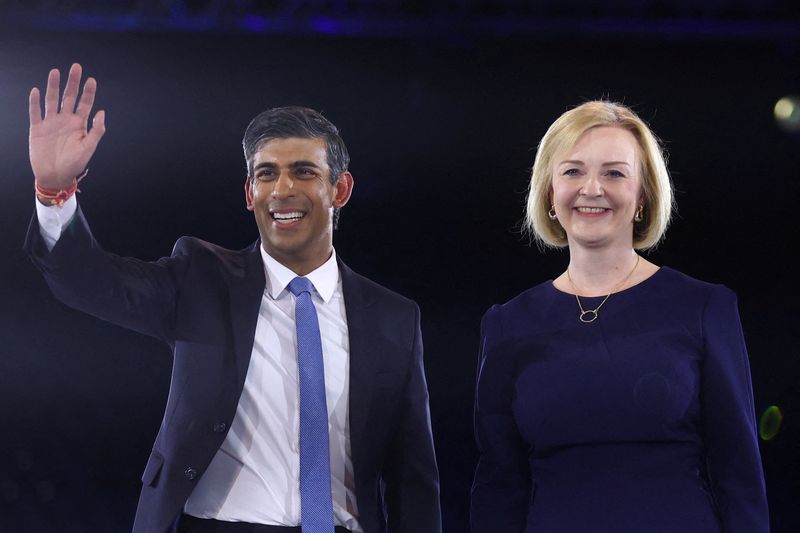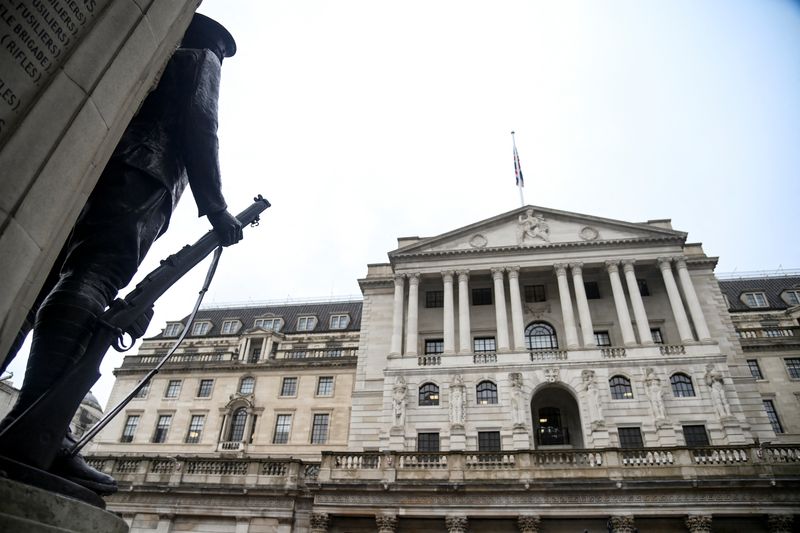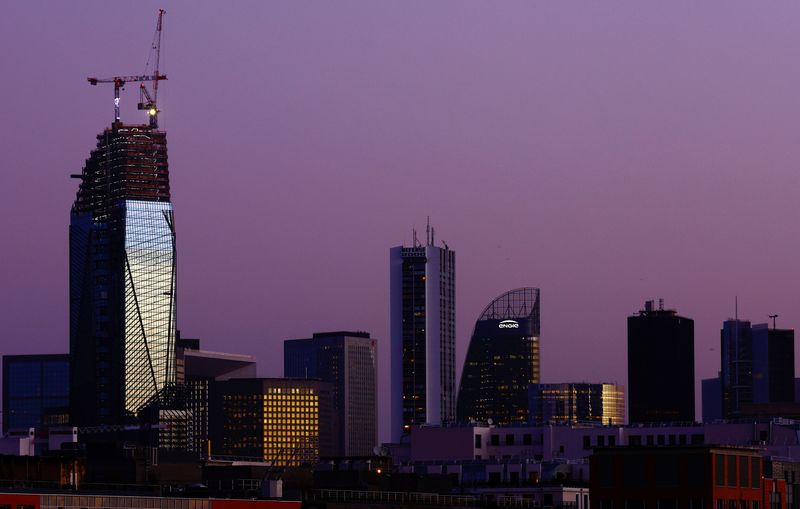By David Shepardson
WASHINGTON (Reuters) -Southwest Airlines customer service employees overwhelmingly ratified a new five-year collective bargaining agreement that includes an immediate 13.1% wage increase, the IAM union said on Thursday.
The agreement covers 8,300 customer representatives and service agents and includes a 25.1% general wage increase over four years, which IAM said will put its members at the top of the airline industry’s pay scale for customer service employees.
The labor deal also includes other benefits such as higher bonuses and improved mandatory overtime protections for all employees.
Adam Carlisle, Southwest vice president of labor relations, said in a statement the company is “extremely pleased we can reward them with this new contract, which demonstrates the value they bring to Southwest and is designed to give us additional efficiencies to operate our airline.”
Airlines are still working to hire more employees to address rising travel demand following the sharp decline after the start of the COVID-19 pandemic in early 2020.
Ad: Save every day with Amazon Deals: Check out today's daily deals on Amazon.
U.S. airlines are negotiating a number of labor deals with unions, including many in talks with pilots including Southwest.
Delta Air Lines earlier this month struck a tentative agreement in principle with its pilots that includes a 34% cumulative pay increase over three years. Delta’s offer also includes a lump-sum one-time payment, reduced health insurance premiums, and improvements in holiday pay, vacation, company contributions to 401(k) and work rules.
(Reporting by David Shepardson and Rajesh Kumar Singh; Editing by Bill Berkrot)
